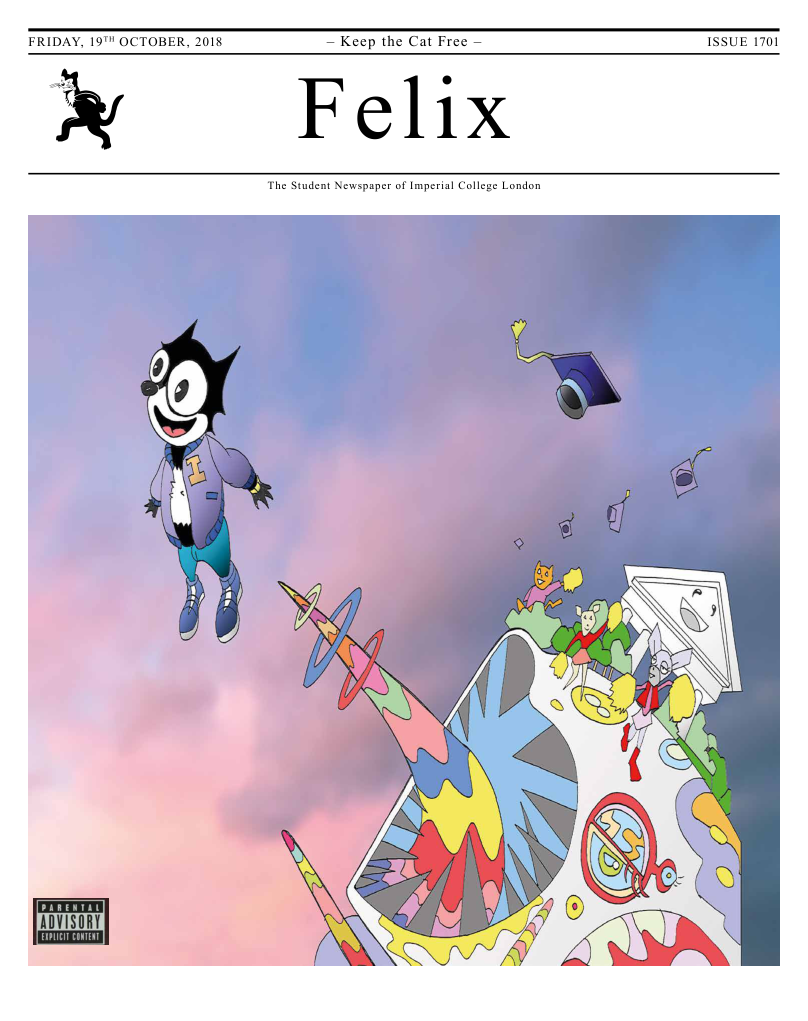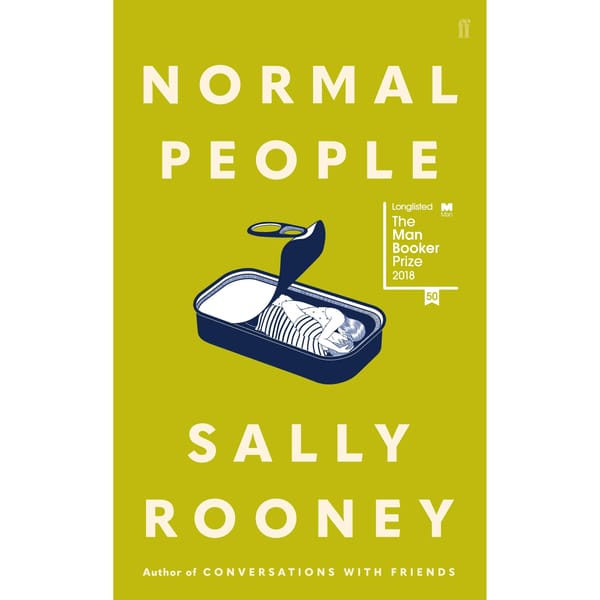The Man Booker Prize 2018: a rundown of the shortlist
The Man Booker Prize is one of the most prestigious and closely-watched literary prizes in the world. The 2018 winner was announced on Tuesday, and goes to Anna Burns’s Milkman. Felix Books editor Jingjie Cheng gives a rundown of this year’s six shortlisted books.

Milkman, by Anna Burns
Anna Burns is the first Northern Irish writer to win the coveted prize – previous Irish writers have all been from the Republic. She is also the first female writer to win since 2013, when Eleanor Catton won for The Luminaries. The Booker’s chair of judges, philosopher Kwame Anthony Appiah, called her book “incredibly original”. Indeed, it is the most experimental of the shortlist. The story is narrated by an unnamed 18-year-old girl, known as “middle sister”, who is being pursued by a much older paramilitary figure, the “milkman”. There are no names in the novel – instead, it uses voice to align the reader’s sympathies to the narrator and paint a picture of what it is like to live in the time of the Troubles, under the constant threat of terrible violence. According to the judges, it is a very current novel, addressing issues of a divided society and sexual harrassment. It is not an easy book to get through – Appiah admitted that it was “challenging”, but “enormously rewarding” if one persisted till the end. It remains to be seen if Milkman becomes widely popular, but it has certainly shaken the conventions of genre.
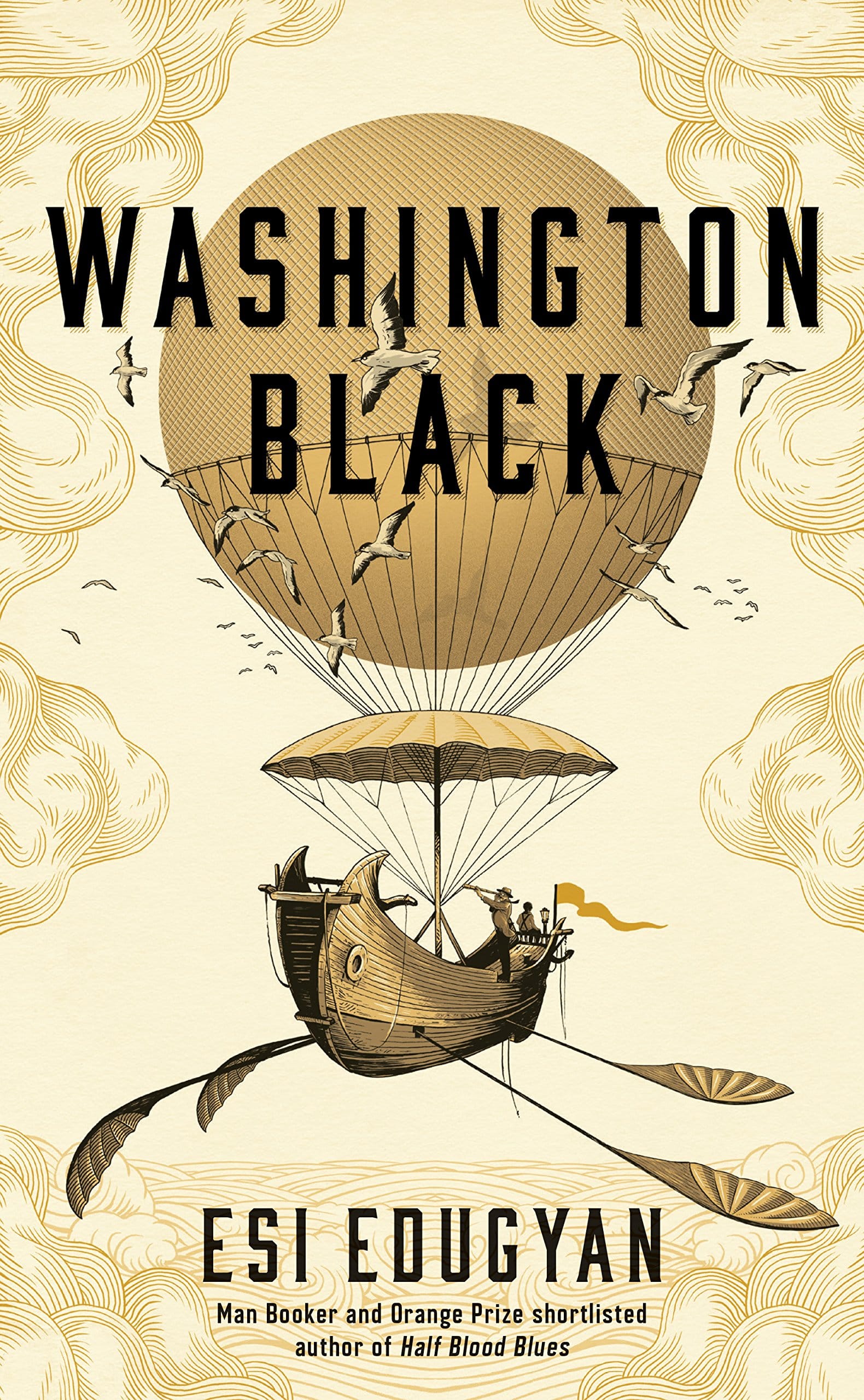
Washington Black, by Esi Edugyan
Critics have unanimously acknowledged the power of Esi Edugyan’s tale of slavery and escape. The eponymous protagonist, Washington Black, was a slave on a 19th century sugar plantation in Barbados before escaping and hopping from continent to continent, job to job. This is less a book about slavery than the burden, responsibility and guilt of personal freedom in a time of slavery, and later, after abolition. Based on a true story, this novel is as much of a page-turner as it is sensitive and ambitious in scope. Edugyan was last shortlisted for the prize in 2011, for Half Blood Blues, which was about a black teenage music genius in Hitler’s Germany. If the Booker is increasingly seen as losing touch with what might be popular on the ground, the shortlisting of this book proves otherwise.
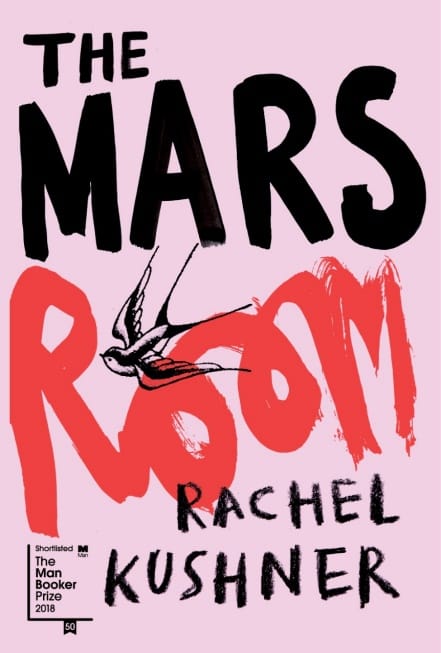
The Mars Room, by Rachel Kushner
This book had the longest odds of the entire shortlist before the announcement of the winner, at 7-1. Like Milkman, Kushner’s novel is also incredibly experimental, both in theme and form. The Mars Room is not an easy read, being about mass incarceration in the United States. It follows the story of Romy Hill, a 29-year-old single mother serving two consecutive life sentences for killing her stalker. Kushner is well-researched, and describes prison life with sensitivity and detail. This book is less about the individual lives as a comment about the American justice system, where no one has choices and everyone is guilty, especially the poor and socially disadvantaged. Everyone is trapped in their circumstances. In spite of its difficult subject matter, this is a book that stays with one on a deeper level.
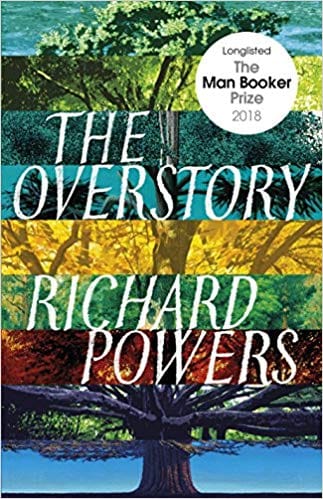
The Overstory, by Richard Powers
This was the book most touted to win, which Ladbrokes had at 5-2 the day before the awards ceremony. This is a book that spans centuries and nine characters, with the wonder of trees – yes, trees – to connect the various storylines. Powers won the National Book Award in 2006 for The Echo Maker, but is generally less well-known in Europe than in the States. Some commentators have said that the judges would hesitate to award the prize to the third American in a row. This might be true. Often writing about the expanse of nature, The Overstory is his 12th novel, and a long one at nearly 500 pages. The environmental message is heartfelt and timely. Critics have described the writing in The Overstory as beautiful, lyrical, and of a richness that reminds one of Thoreau and Emerson. Despite its lofty theme, individual characters are well-developed and their interweaving stories described with sensitivity and insight. These are characters related to plants, trees and ecology in one way or another, coming together against the backdrop of the history of migration to America.
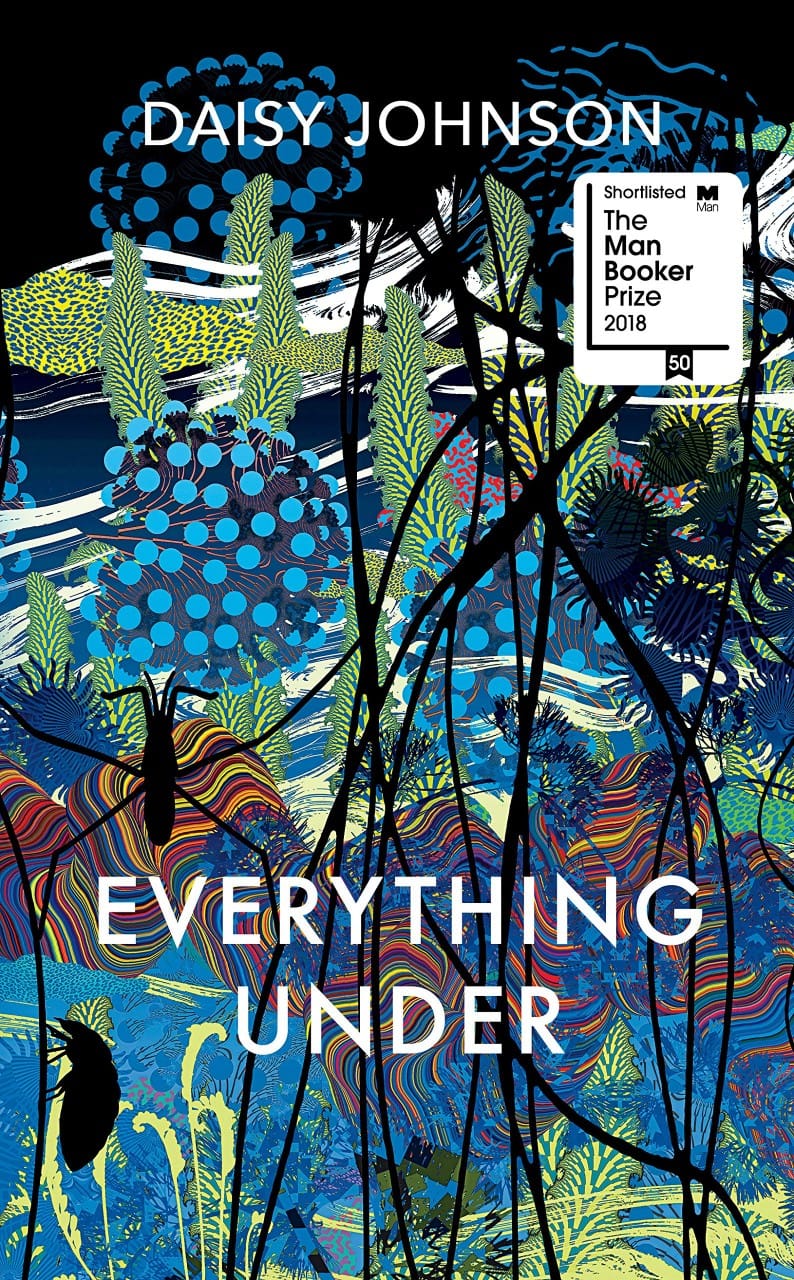
Everything Under, by Daisy Johnson
Everything Under is Daisy Johnson’s first novel, and had she won, she would have become the youngest-ever winner of the prize. She didn’t, but this is still an incredible debut novel, a reworking of the Oedipus myth in the context of a troubled mother-daughter relationship. Unlike the more experimental shortlists of recent years, Johnson’s novel is very readable, but at the same time illuminating and full of unsettling twists and unexpected dark corners. From the beginning, the narrator, Gretel, writes that “there are more beginnings than there are endings to contain them”, a line befitting a novel that weaves around memory, histories and the complexities of life. Johnson rose to prominence in the literary scene with her instant classic Fen, a collection of short stories tied together by the wilderness of the fens and their inhabitants. Her debut novel has the same shape-shifting quality, an attempt to quantify loss and change but in the end realising the impossibility of such a task and basking in its beauty instead.
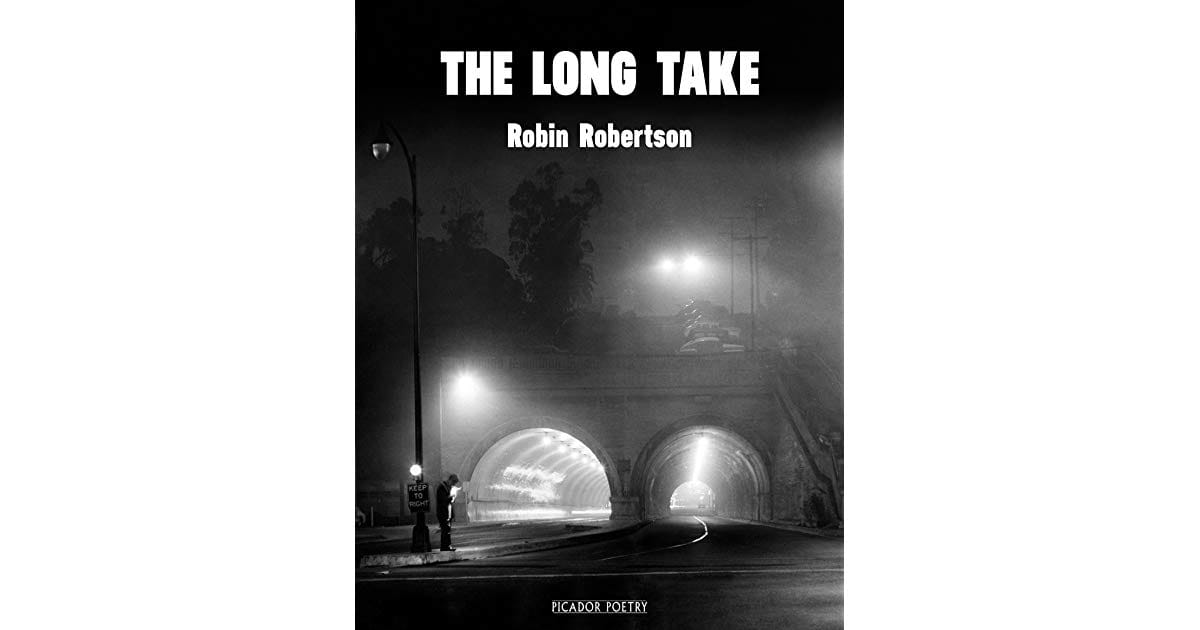
The Long Take, by Robin Robertson
The Long Take is experimental in a way that is different from this year’s winner Milkman. It is a mixture of lyrical prose and beautiful poetry, challenging the idea of what a novel can be. Robertson is a celebrated Scottish poet, and The Long Take has the quality of an epic poem. It is a poetical fiction narrative of over 200 pages modelled after the black-and-white Hollywood films produced around the 1940s and 1950s, such as Out of the Past and Kiss Me Deadly. The protagonist, Walker, is a soldier who survived the invasion of Europe, only to return home to find himself out of place in a world busy again with its obsession with money and power. In his postwar odyssey he travels across America, and Robertson describes his journey as an ode to the land. The writing is beautiful, and Walker a masterpiece of characterisation. This is a book most definitely considered a work of art.


